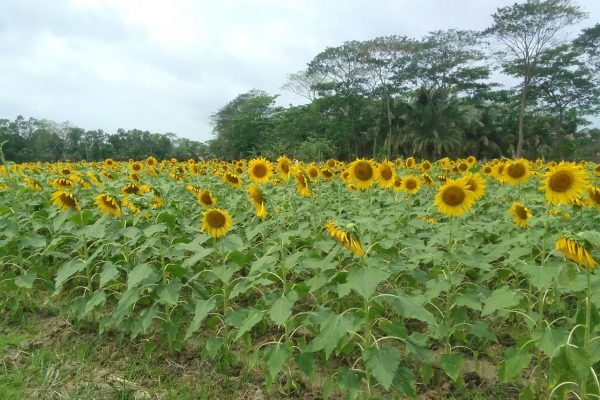Reading Time: 2 minutes
Any setting of conflict is rife with constant threats to basic security. Light is more than just a necessity for living. It restores a sense of security and confidence.
How often do you have a candle-lit dinner at home? Or dimmed the lights to gaze out through a moonlit window, or lay on the roof staring at the stars?
Let me guess – very rarely.
In the city you are constantly exposed to bright lights every night. You get used to the glares bouncing off street lamps and traffic signals. Neon advertising placards and the pear-shaped fluorescent bulbs glow from every shop.
Darkness is a luxury because light is abundant.
Now flip the coin.
Over 700,000 Rohingyas living in Cox’s Bazar don’t have lights. More than half are women and children. Darkness is far from pleasurable. Here, it is a threat.
Hundreds of incidents of gender-based violence are reported every week in the Rohingya camps. 70% of water sources and latrines pose safety concerns for women. And here is why.
Inadequate access to light affects women and children the most. Basic activities like going to the toilet become a challenging feat after sunset. Women and children often have to walk very long distances to reach food distributions points. Ration bags on their shoulder become heavy with the weight of their fear and anxiety. Will they return safely? Will a stranger ambush them in the dark and rape them? Are the children back in the dark shelter keeping okay? Are they safe from human traffickers or thieves?
Mothers worry and hurry.
Any setting of conflict is rife with constant threats to basic security. Light is more than just a necessity for living. It restores a sense of security and confidence.
Things are slowly changing in the camps now.

Each lamp will be accompanied by an instruction and information sheet in the Rakhine language and script.
More than 46,000 Rohingya families were provided with solar lanterns by BRAC and Signify.
The Signify Foundation (formerly known as Philips Lighting Foundation) is donating over 2,500 Philips LifeLight Home systems for BRAC’s offices within the camps. This includes 60 child-friendly spaces – safe, supportive spaces which provide psychosocial support and learning for children.
“Lighting is a key enabler to creating safer spaces,” said Prajna Khanna, director of the Signify Foundation.
“Especially in refugee camps where women and children are vulnerable to exploitation and abuse, lighting can make a real difference. Our continued collaboration with BRAC leverages the strengths and resources of both organisations to deliver interventions like these.”
BRAC will distribute the solar lamps through its network of offices, seed and agricultural staff and community health workers, providing detailed training on care and maintenance, and how to get replacements under warranty.
Each lamp will be accompanied by an instruction and information sheet in the Rakhine language and script. BRAC will also work with local solar companies in Cox’s Bazar to install and maintain the Life Light Home systems. These companies will be trained on the specific Philips products and will provide technical support.
The presence of light in the camps will help mothers reach their shelters safely at night. The child-friendly places will now be a safe option for children to visit even after the sun sets. The usage of solar lamps will help reduce risks of fire outbreak from any incendiary substance previously used. We want to make sure that the lives of the Rohingyas will be easier and safer now that the other side of the coin is brighter.
Marium Mahzabin is the communications portfolio lead for rights of BRAC Communications.





